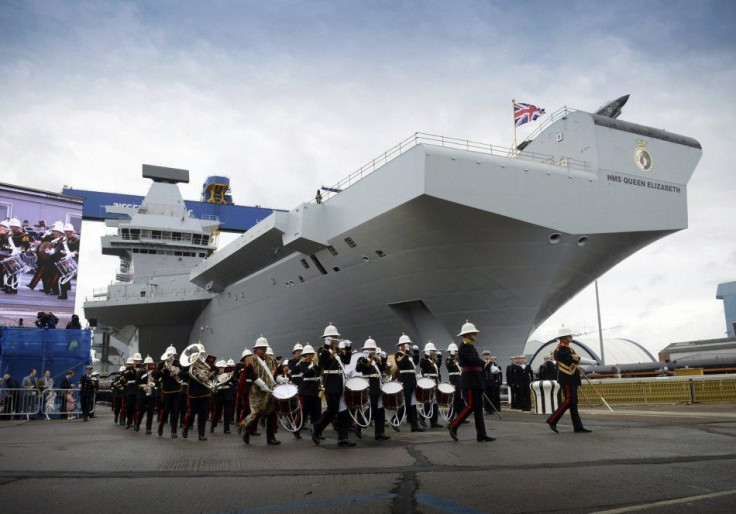Canada Concerned About Russia’s Military Expansion in Arctic

Canada has expressed its concerns about the growing military presence of Russia in the Arctic region. The reaction of Canada came out, after Prime Minister Stephen Harper recently conducted his annual northern tour in the Northwest Territories with initiatives to promote fresh food production.
During the Arctic visit, the Canadian prime minister also took part in a series of military manoeuvres in the Northwest Passage, asserting Canada's Arctic sovereignty.
According to Yahoo! News Canada, the Prime Minister noted that activity of Russia in Arctic is relatively less aggressive than in Eastern Europe. Still Prime Minister Harper described Canada's position as being cautious. Though the Russia can be described as operating within international rules, Harper was clear that there can be no complacency about it.
More Military Bases
Among the notable military activity by Russia in Arctic included rebuilding of Soviet-era military bases in the north. Also, a fleet of nuclear-powered Russian submarines and icebreakers are patrolling the waters.
Harper alleged that Russian planes had transgressed the boundaries of Canadian airspace, many times. The Prime Minister said Canada will not lower its guard as Putin's era is marked by a show of aggressiveness towards neighbours mixed with military assertiveness.
Russian Military Expansion
According to a report in the Canada Free Press, the Arctic threat from Russia is very real. Not only Canada countries like Finland and Estonia have also reported airspace violations by Russian military planes.
They all feel that Putin wanted to rebuild significant portions of the former Soviet military prowess. Part of the Russian planinclude, upgrading the Temp Aerodrome at the Kotelny Island to receive Ilyushin Il-76 military transport planes. Secondly, the Tiksi Aerodrome is getting developed as a staging base for long-range Soviet bombers. More military camps are being planned to station ground Russian forces in the Arctic.
Recently, the Russian Navy hoisted its flag on a remote Arctic island, some 50 kilometres north of Chukotka to develop the island as a base for the Russian Pacific Fleet. Yet another base was opened in Novosibirsk Islands, last year. Regular Arctic drills of Russia are a common sight, using MiG-31 planes and Tu-95 long-range bombers. Helicopters specially designed for the Arctic are being tested.





















